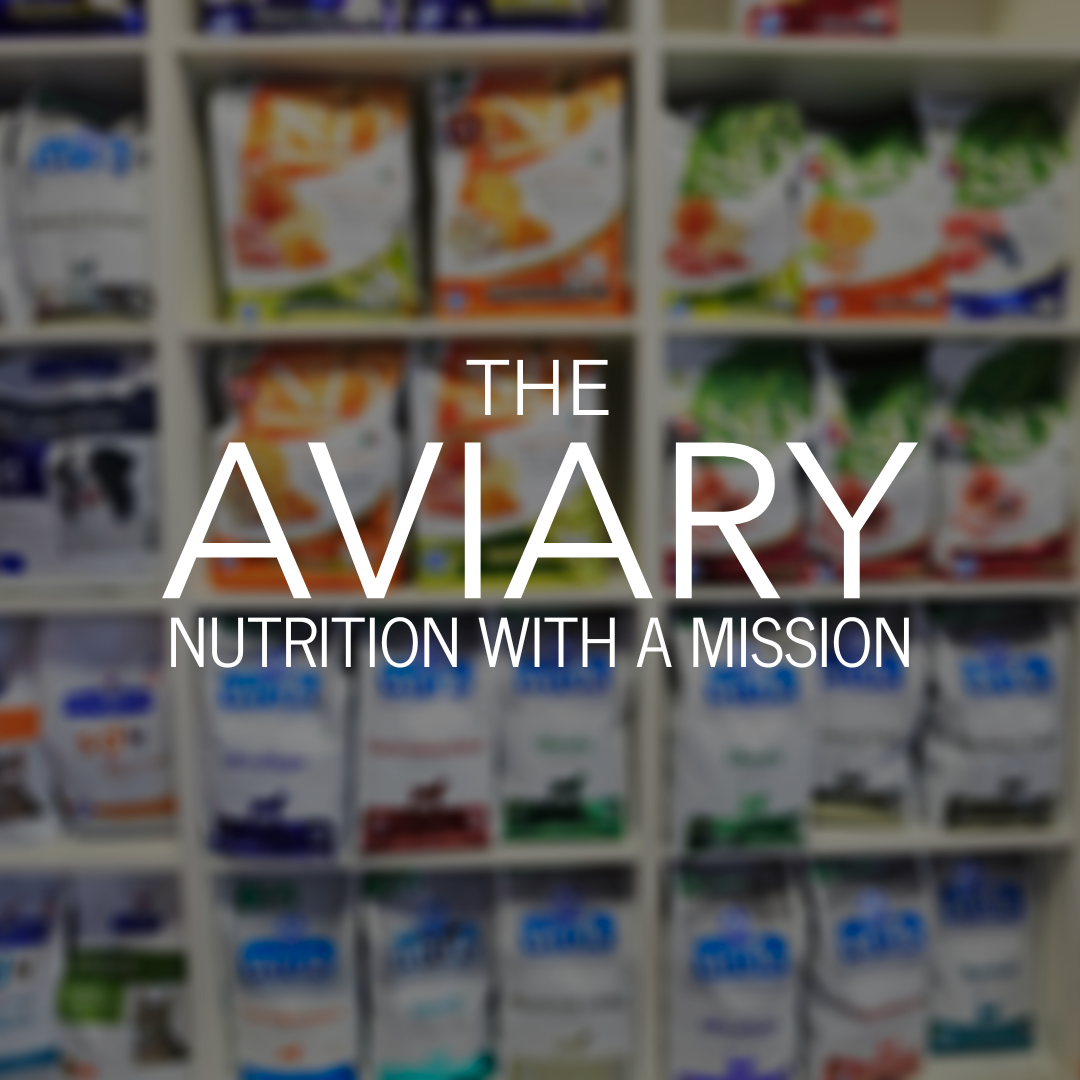
How to Reduce Hormonal Aggression in Parrots Naturally
Hormonal aggression in parrots can take even the sweetest companion by surprise. One day they’re calm and affectionate, the next they’re biting, screaming, lunging, or obsessively shredding. These behaviour changes are often seasonal and linked to natural breeding cycles, but in captivity, the triggers can be present all year round.
The good news? You can reduce hormonal aggression in parrots naturally by understanding the triggers and making small, consistent changes to their diet, environment, and daily routine.

What Causes Hormonal Behaviour in Parrots?
Parrots, like all birds, have a reproductive cycle influenced by light, diet, environment, and social factors. In the wild, changes in day length, increased food availability, and nesting opportunities signal the body to produce more reproductive hormones such as testosterone and estrogen.
In captivity, artificial lighting, constant high-fat diets, and environmental cues like cosy nesting spaces can fool your parrot’s body into thinking it’s breeding season all the time. This leads to prolonged hormonal behaviour like aggression, territorial biting, feather-plucking, or even self-mutilation.
Adjusting Diet to Reduce Hormonal Aggression
One of the biggest triggers for hormonal surges is diet, specifically, high-fat, rich foods that signal abundance. In the wild, these foods are only available for short periods each year. When they’re available every day in captivity, the brain stays in breeding mode.
Lowering high-fat foods like sunflower seeds, peanuts, and excessive nuts can help. Instead, focus on a balanced, lower-fat seed mix paired with fresh vegetables, sprouted seeds, and herbs.
For example, our Soothing Seed Mix contains 19 varied, human-grade seeds with added lavender, which some studies and anecdotal evidence suggest may help promote calm behaviour. Pairing this with nutrient-dense dry mix in the evening, after sprouting seeds or fresh chop in the morning can keep their hormones balanced while still meeting their nutritional needs.

Controlling Light Exposure and Day Length
Parrots’ hormonal cycles are heavily influenced by the photoperiod, the number of daylight hours they experience. Too much artificial light can extend their perceived “breeding season.”
To help:
- Aim for 10–12 hours of darkness each night.
- Use blackout covers or a quiet, dark sleep room if needed.
- Avoid leaving bright lights or TVs on late into the evening.
By shortening perceived daylight, you mimic the natural off-season, signalling their body to wind down hormone production. This isn't the case for all species so research your own species natural environment and light patterns.
Minimising Environmental Triggers
Your parrot’s environment can unintentionally encourage breeding behaviour. Soft, enclosed spaces, shredded paper piles, offering easy to shred toys or enrichment or excessive petting can all be seen as nesting invitations.
To reduce triggers:
- Remove dark hideaways like boxes, tents, or under-furniture access.
- Limit stroking to the head and neck, touching their back, belly, or wings can be a mating signal. (Sometimes ANY interaction can trigger hormonal behaviour so monitor your own bird's triggers and avoid those).
- Rearrange their cage regularly to break nesting instincts.

Increasing Mental and Physical Stimulation
Boredom and excess energy can make hormonal aggression worse. Daily foraging, training, and flight time burn energy and shift focus away from mating behaviours.
Enrichment ideas include:
- Foraging toys filled with low-fat treats or dry mix.
- Training sessions with healthy rewards like a single almond or piece of walnut for macaws, or pumpkin seed for smaller parrots. Limit emotional responses to training too, offer a food reward and then continue. Big displays of affection, laughing, shouting when they have performed a trick well can over stimulate a parrot.
- Outdoor aviary or harness walks to experience new sights and sounds.
Our Happy Gut Seed Mix works well in foraging toys because of its varied textures, high quality ingredients and natural botanicals, keeping them engaged for longer without adding excess fat.
When to Seek Veterinary Advice
If aggression is severe, prolonged, or accompanied by signs of illness (fluffed feathers, weight loss, breathing changes), consult an avian vet. Hormonal behaviour is natural, but extreme aggression can also mask pain, infections, or other underlying health problems.
Reducing hormonal aggression in parrots naturally isn’t about eliminating hormones altogether, that isn't possible or natural, it’s about managing environmental and dietary triggers so your bird can settle into a calmer, healthier rhythm, and you are better able to live with them. With the right adjustments, you can help your parrot feel more balanced, less frustrated, and more like their usual self.
Remember, during hormone seasons is when the rehoming of parrots sky rockets, it is something people tend to underestimate and are rare prepared for. Do your research before getting a parrot and try to understand how hormones can, and will, affect your bird's life.
Explore The Aviary Seed Mixes

FAQs: Reducing Hormonal Aggression in Parrots
How can I reduce hormonal aggression in my parrot naturally?
Lower high-fat foods, shorten day length to 10–12 hours of darkness, remove nesting triggers, and increase foraging and training. Small, consistent changes work best.
What diet changes help with hormonal behaviour?
Shift from fatty seeds and frequent nuts to a varied, lower-fat base with fresh veg, sprouts, and a measured seed mix. Use nuts mainly as training rewards.
Does light affect my parrot’s hormones?
Yes. Long days signal “breeding season.” Aim for a stable lights-out routine and 10–12 hours of darkness to help hormones settle.
Which environmental triggers should I remove?
Hidey holes, tents, boxes, shredded nesting piles, and petting beyond head/neck can all encourage breeding behaviour. Keep the setup bright, open, and change it up.
What enrichment helps calm hormones?
Daily flight (where safe), short training sessions, and foraging tasks that take time and focus. Rotate toys and locations to keep the brain busy.
When should I call an avian vet?
If aggression is severe or persistent, or you notice red flags like lethargy, weight change, breathing issues, or self-injury. Medical problems can mimic “hormonal” behaviour.
